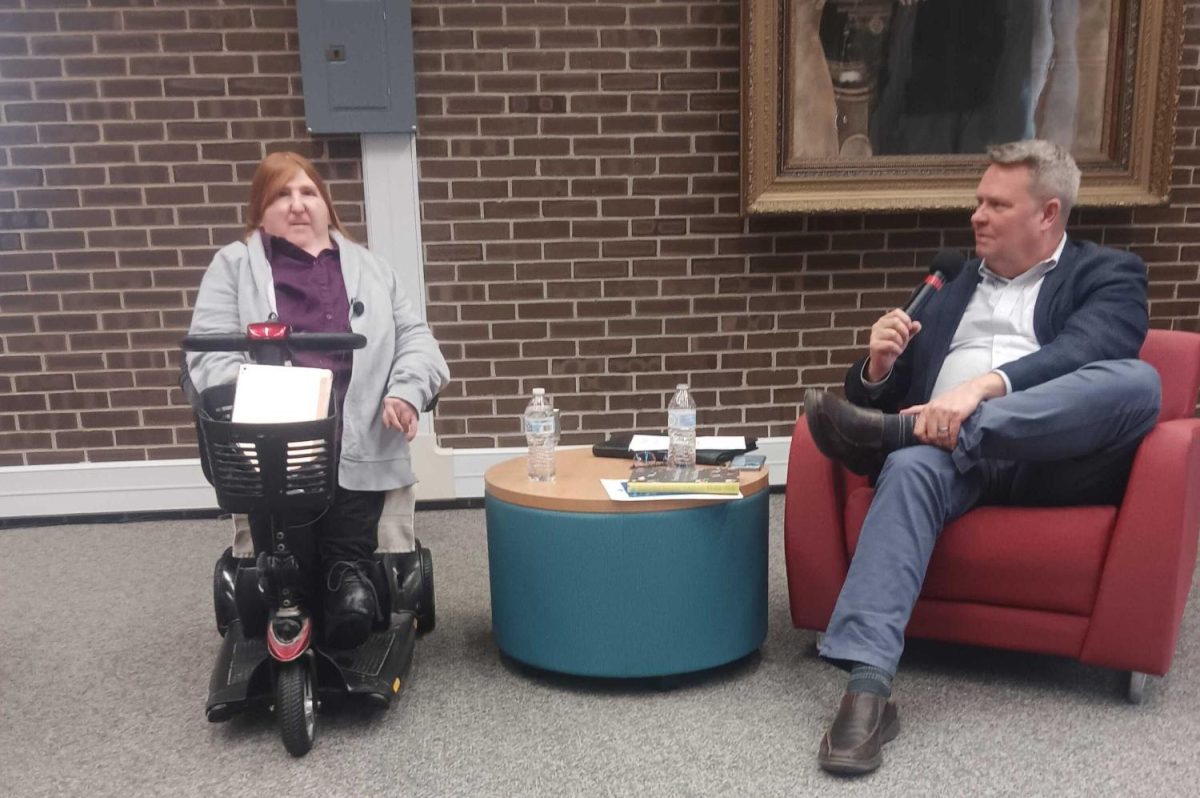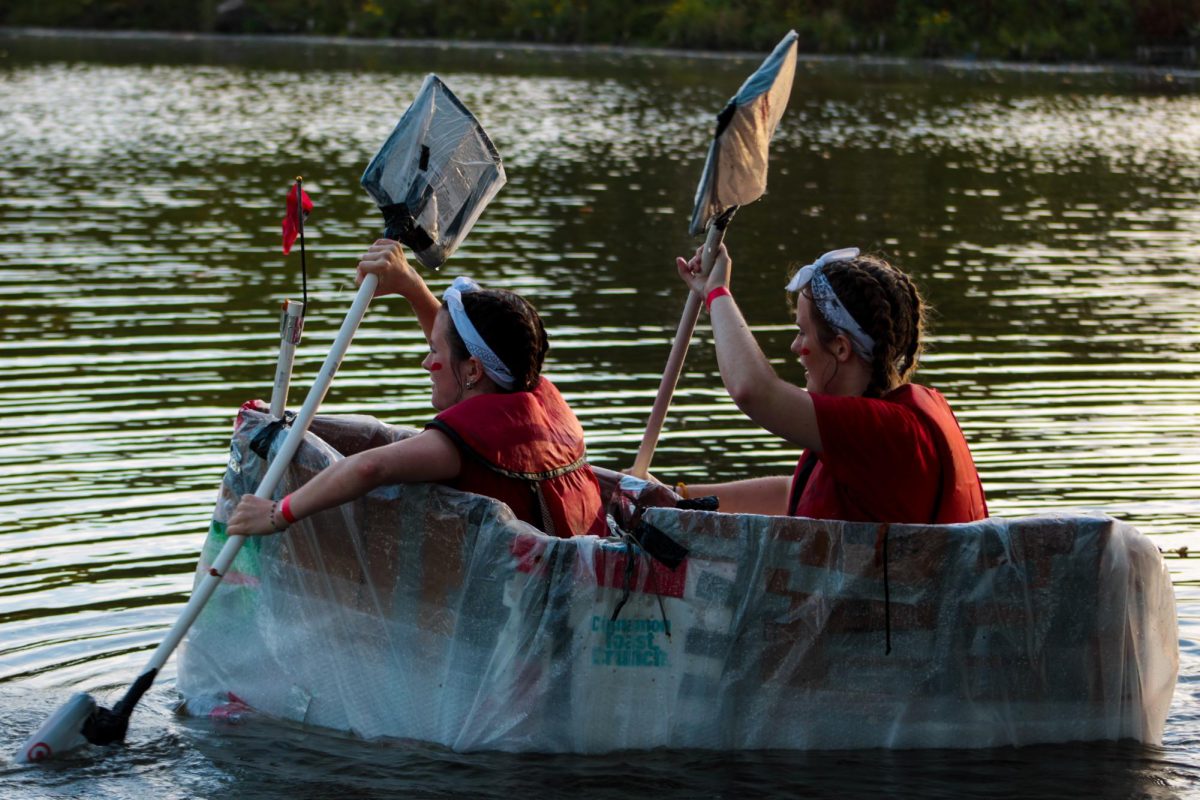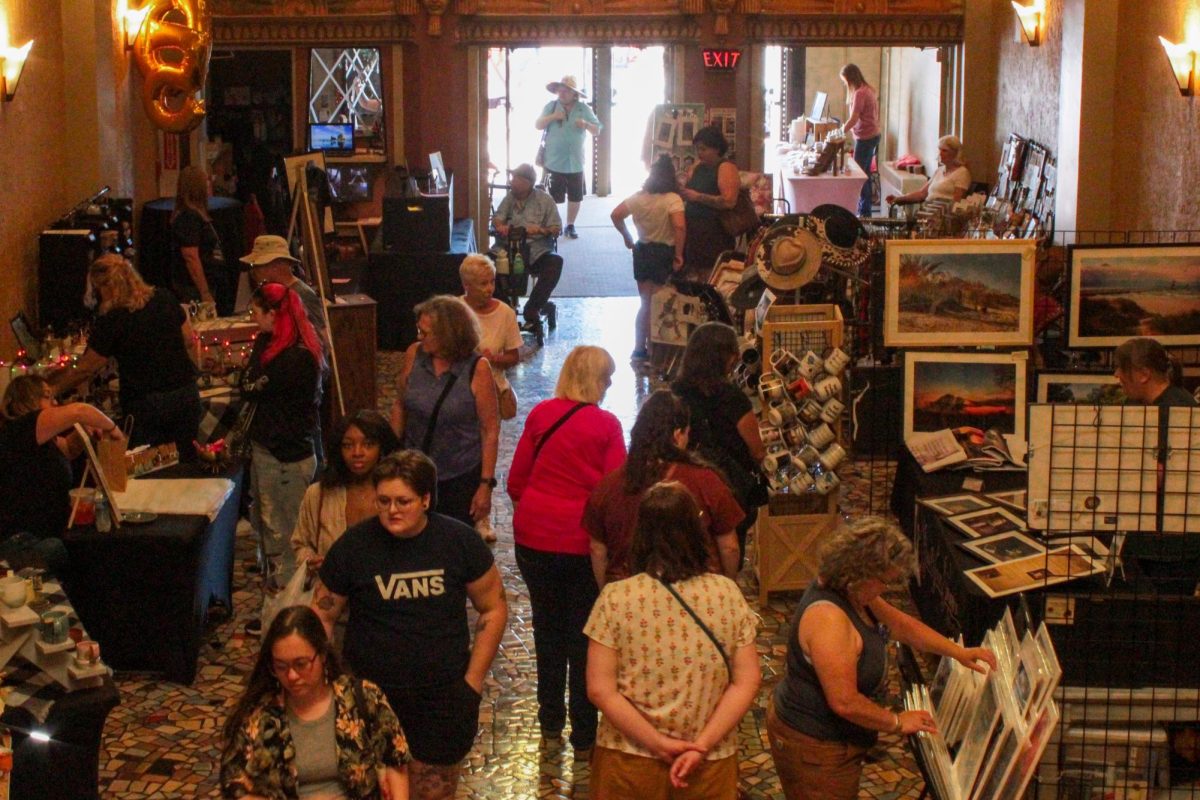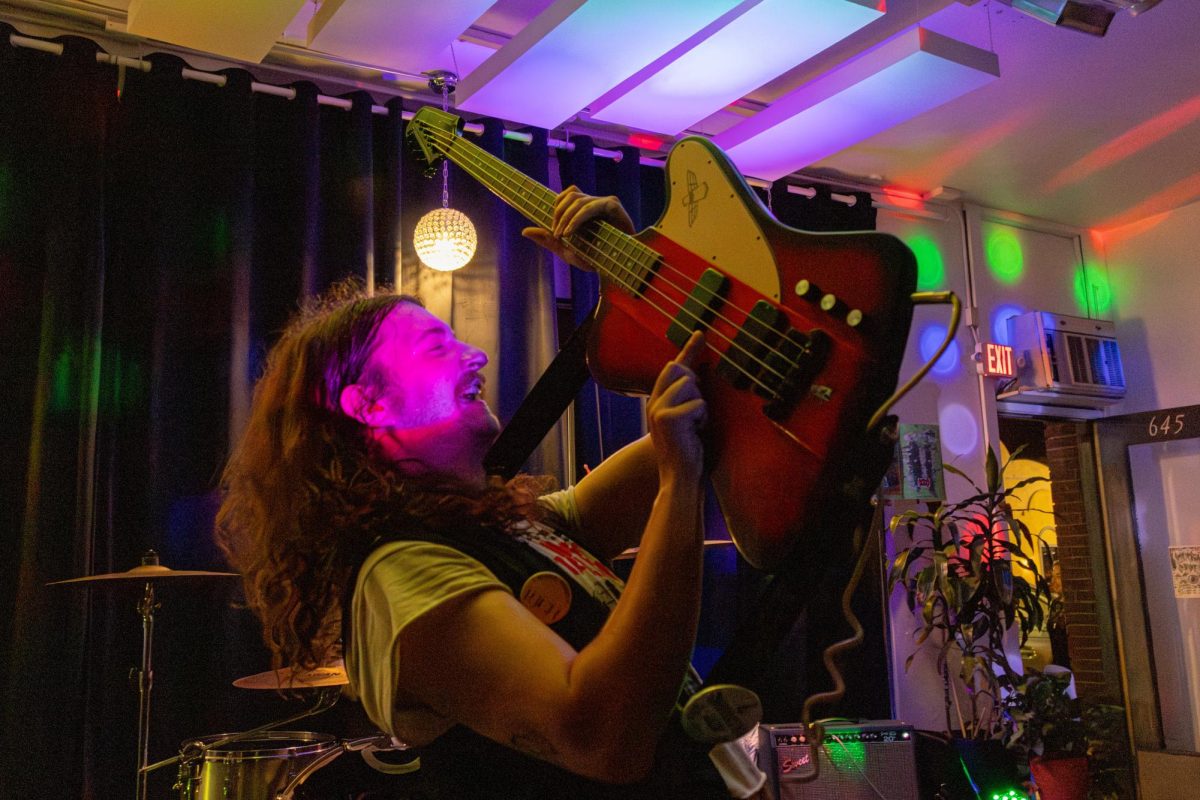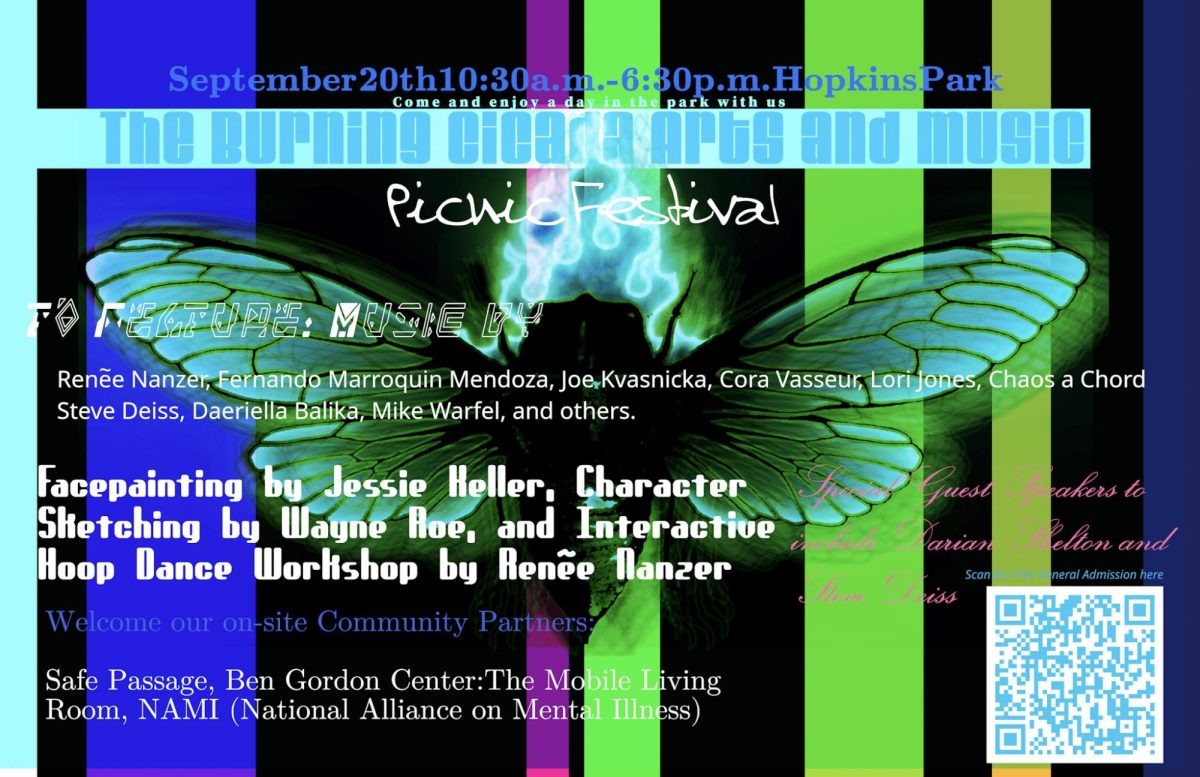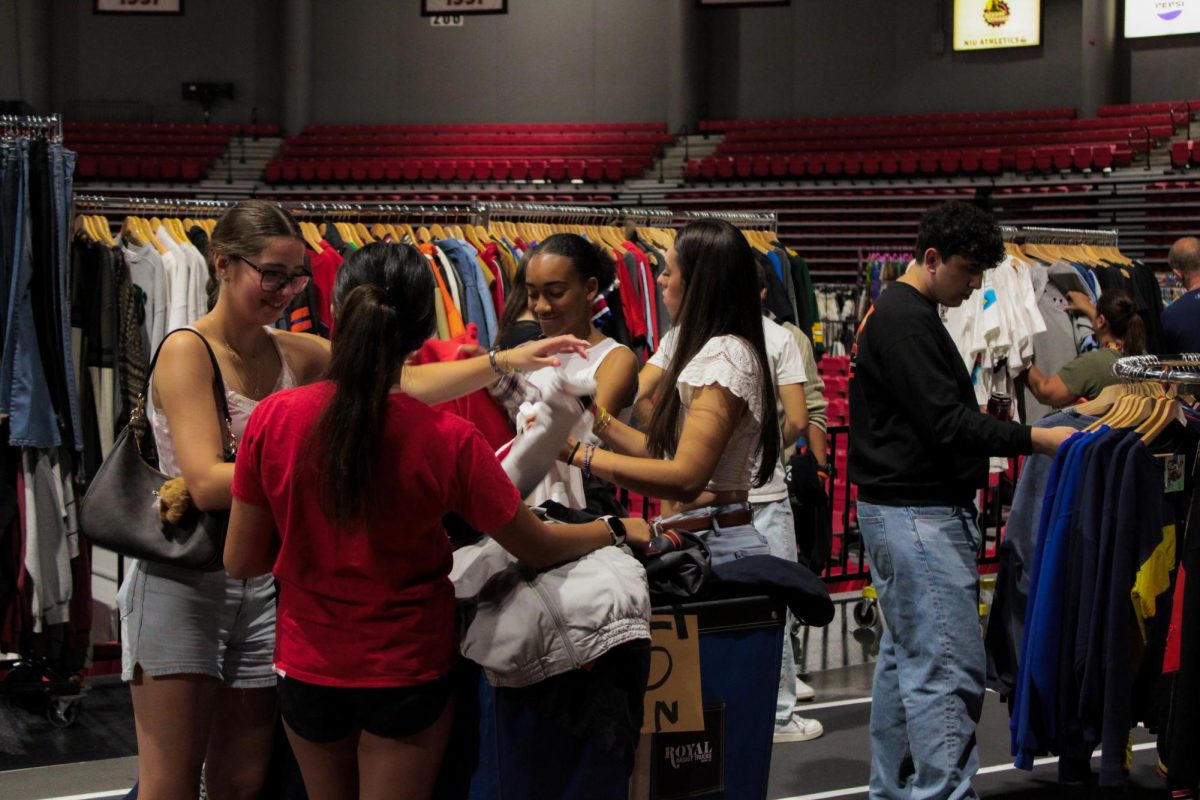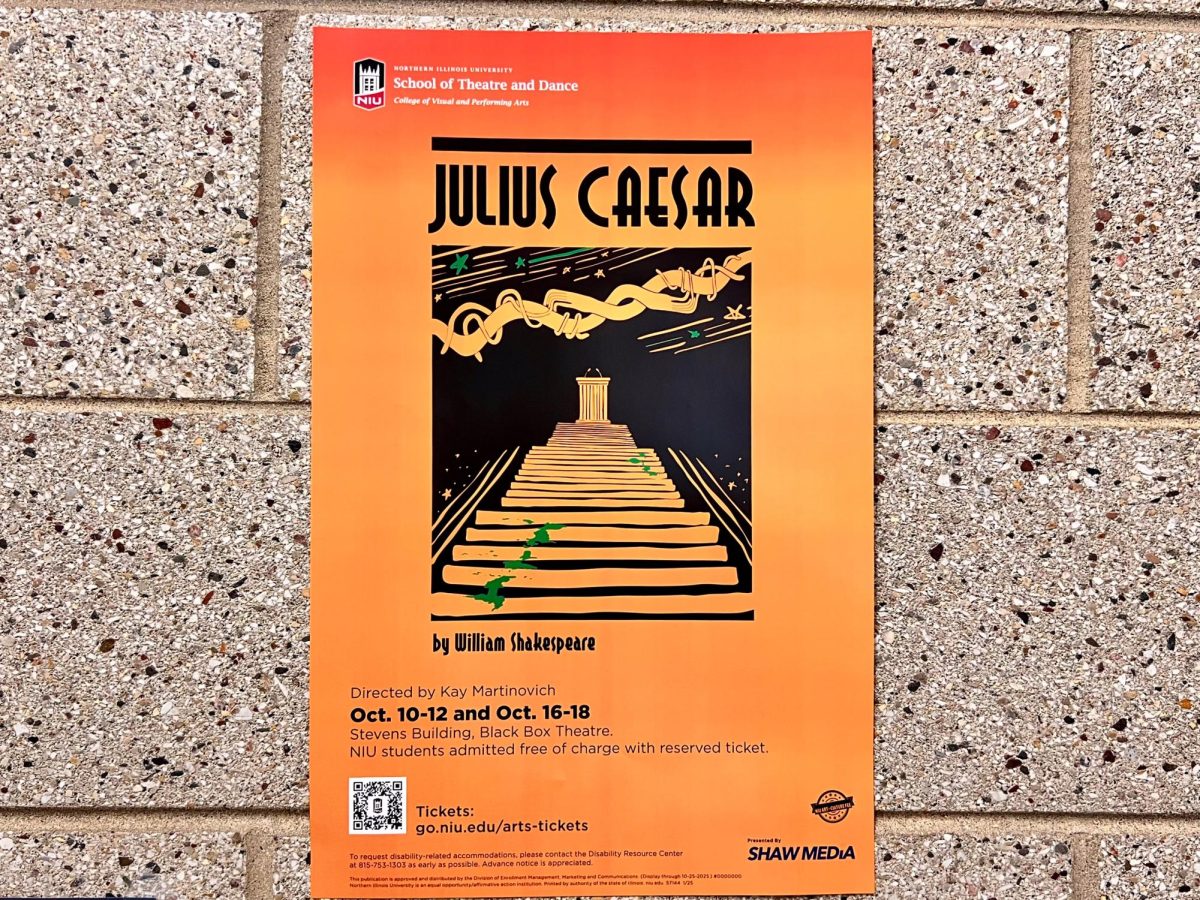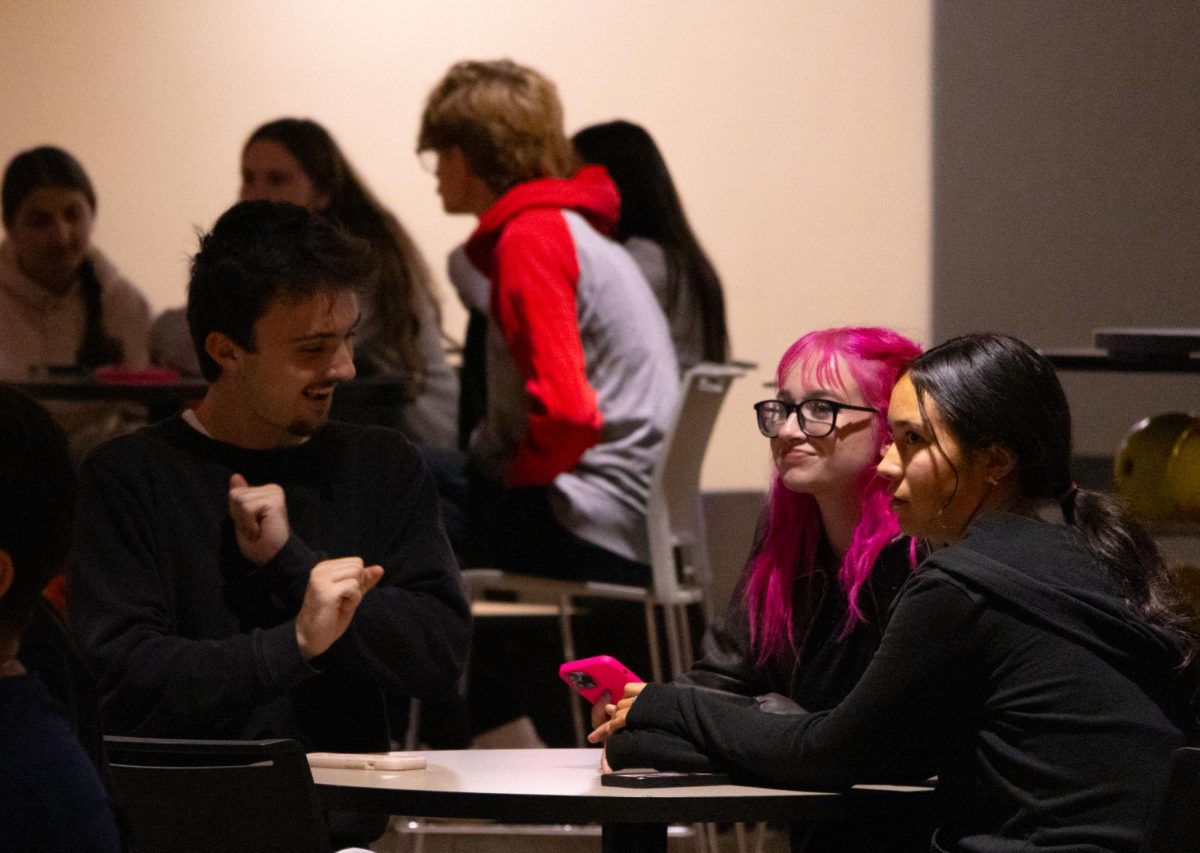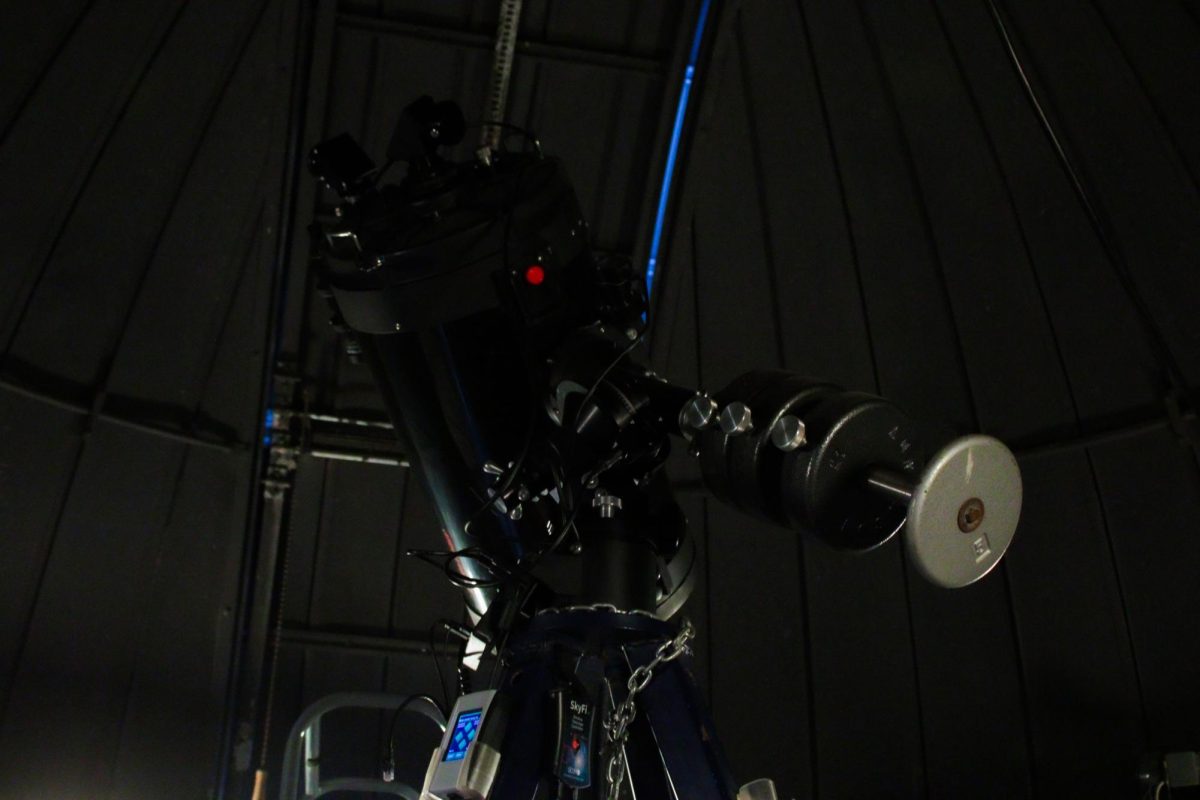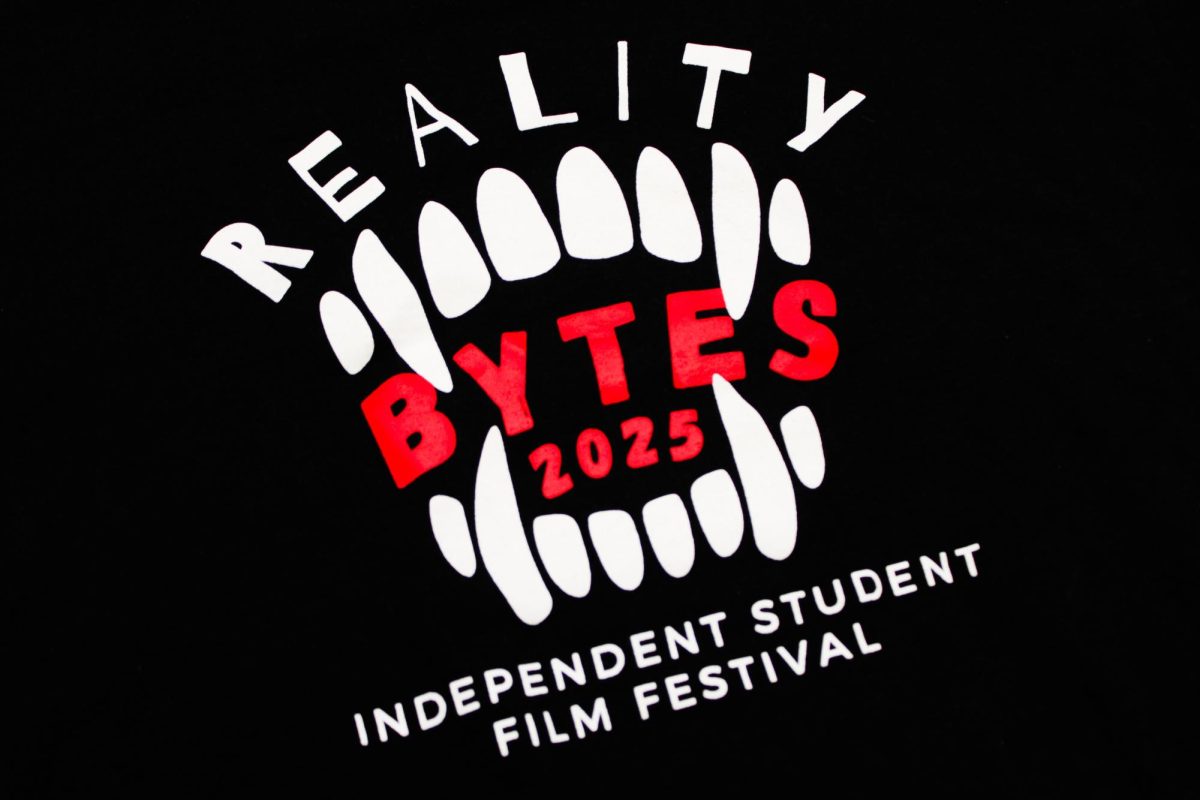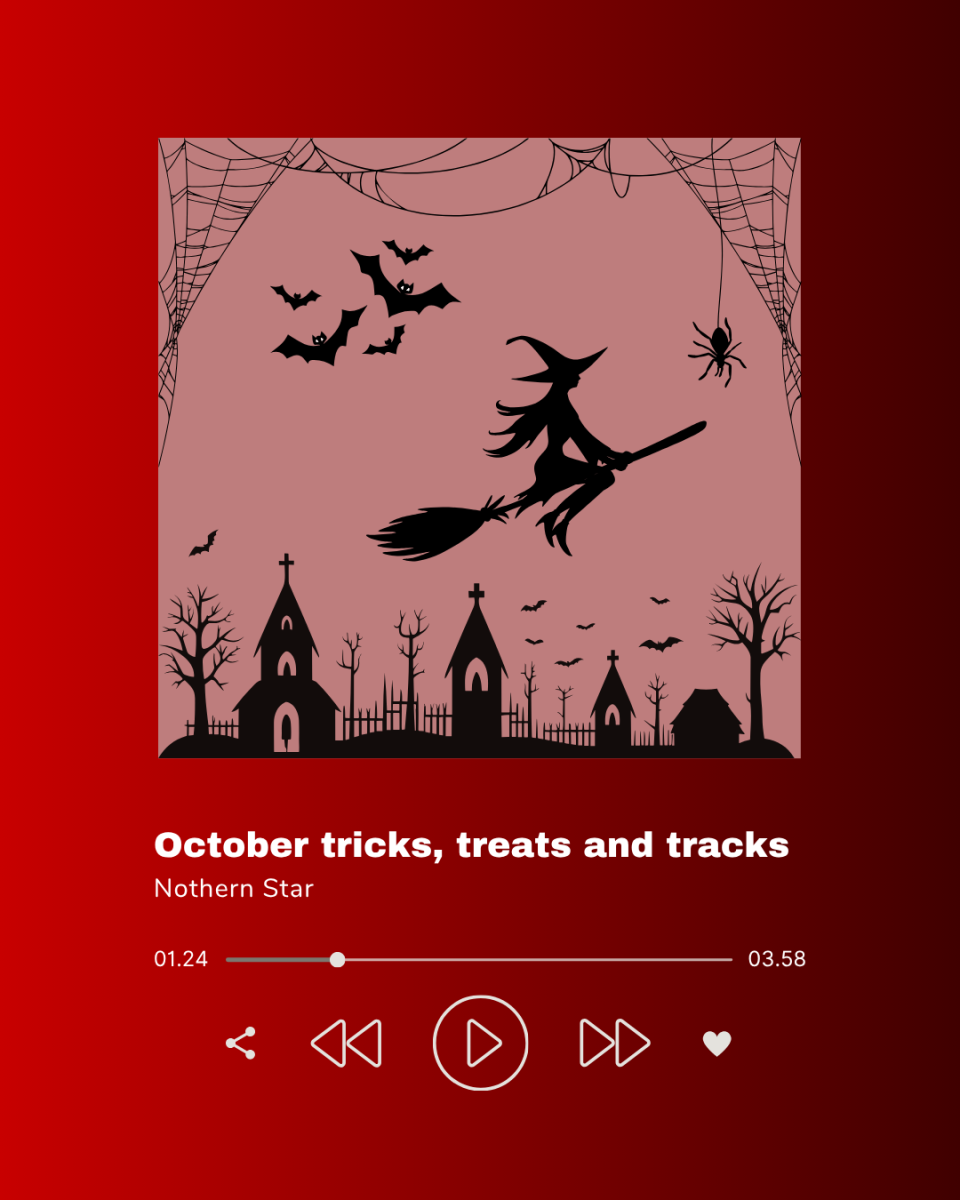It is a sad reality that people with disabilities are often overlooked, ridiculed, mistreated and underrepresented.
These topics were highlighted in a book discussion and reading on Thursday by Melissa Blake, an NIU alum who graduated in 2005.
Blake’s book, “Beautiful People: My Thirteen Truths About Disability,” uses her personal experience with disability to inform her readers and discuss issues facing people with disabilities.
Blake was born with Freeman-Sheldon syndrome, a genetic disorder that affects bones and muscles.
Blake is a journalist, writer and disability activist who is known for her op-ed writing. She has written for publications such as the New York Times, Washington Post, CNN Opinion and Cosmopolitan.
In her talk, Blake mentioned the importance of language.
Blake shared how people online often told her not to use the word disabled. She relayed that this sentiment often confused her.
“Disabled isn’t a bad word,” Blake said.
Blake went on to talk about how people try to police the words we use, but she prefers to let people define the words they want to use for themselves.
“I am disabled; that’s what I am,” Blake said. “It’s like saying I have red hair, it’s a part of me.”
One of the most important aspects of the book writing process for Blake is to increase awareness for disabled people.
“We’re yearning to recalibrate what is and isn’t acceptable in favor of a less ableist world,” Blake said. “One that includes us instead of shuns us, one that celebrates us instead pities us, so we can tell our own stories on our own terms.”
Blake iterated she can’t speak for all people with disabilities; instead, the opportunity should be made available for people to be able to speak about their own experiences.
Blake also mentioned that taking into consideration intersectionality, the different aspects that make up our identity such as race, gender, sexuality or able-bodiedness, is also important as people are multifaceted and have many different aspects of themselves.
One discussion in her book mentions the difficulty of beauty standards and coming to terms with being beautiful in another way.
“It’s taken me so many years to shed that internalized ableism and kind of see myself as, you know, beautiful,” Blake said.
Blake also mentioned how some ideas of beauty are socially constructed and aren’t really realistic.
In terms of writing the book itself, Blake noted it was difficult to switch to a longer format of novel writing compared to her usual journalistic style.
It took Blake three years to finish writing her book. To help her writing process, she wrote 400 words a day to make it more manageable.
When asked about how to be successful at writing, Blake discussed just keeping writing and doing the work.
In her experience, she said that working at a student newspaper, the Northern Star, helped her to get started with writing.
“It gave me a really solid foundation. It helped me apply what I learned in the classroom into the real world,” Blake said.
Blake also discussed working as an adviser at her community college newspaper and how she enjoyed sharing her experience with future generations.
Blake said, for the time being, she’s going to focus on journalistic writing but wouldn’t be opposed to writing another book in the future.
At the end of the book discussion, Blake signed books, which were made available for purchase by Robin’s Nest Bookshoppe, located at 218 E. Lincoln Highway.


